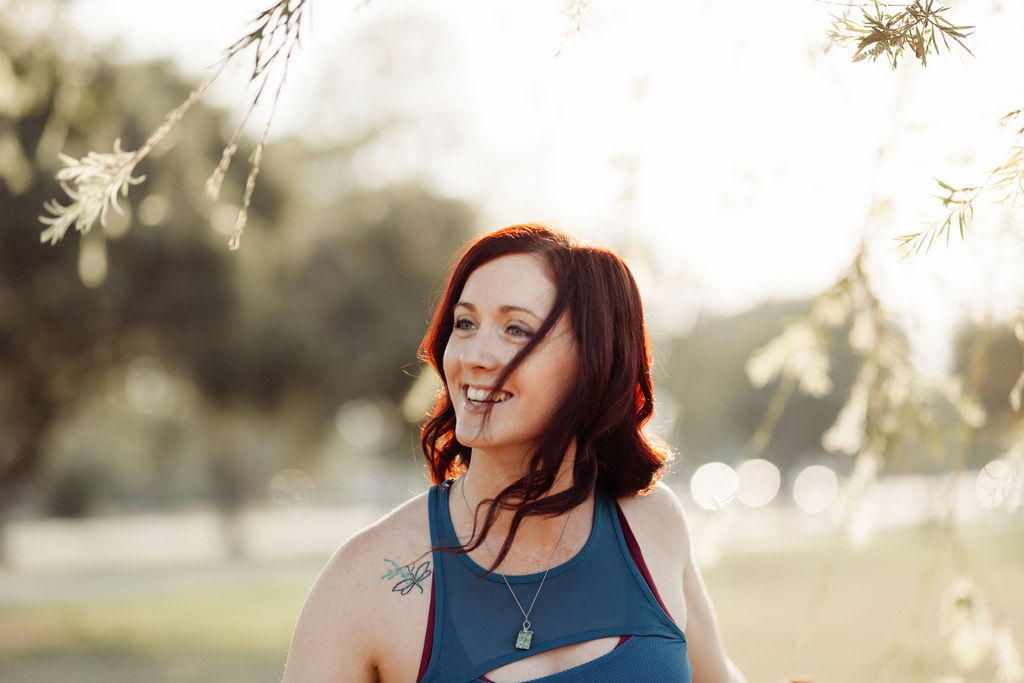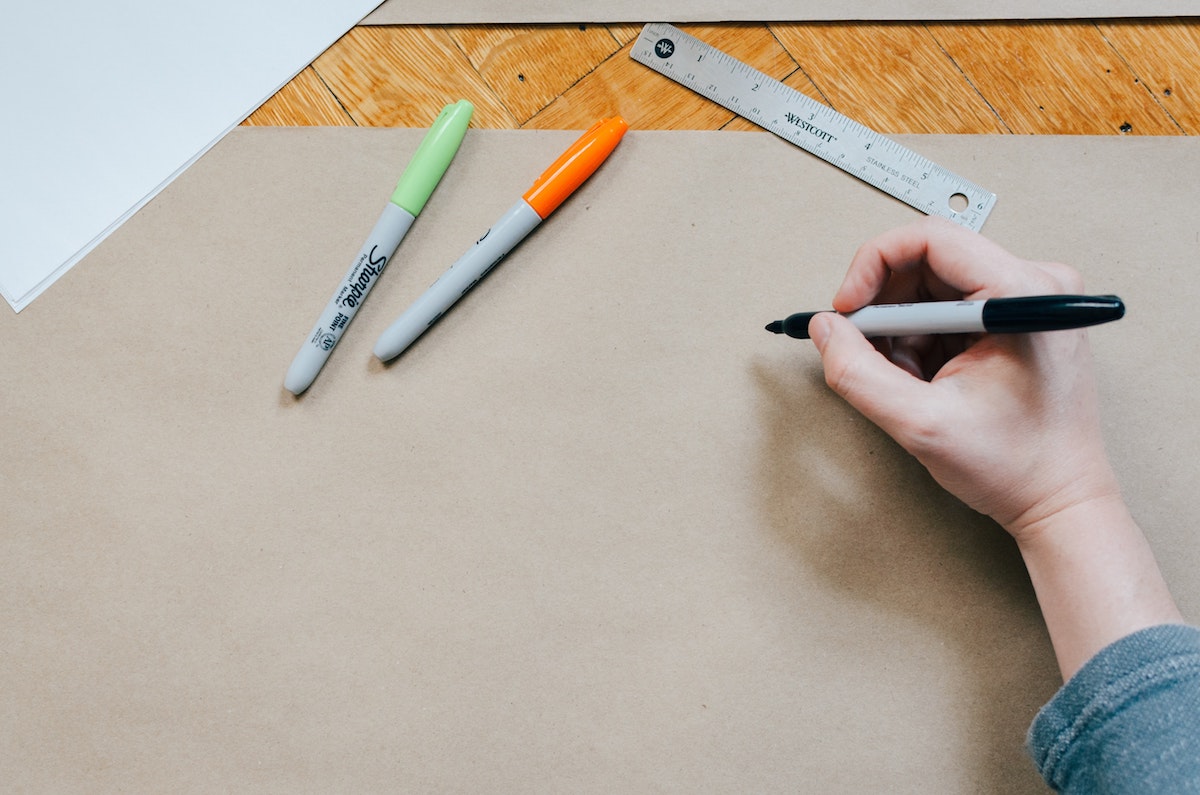Sometime in the time before COVID, I held a retreat that was all around the ‘art of creative living’. The thing is, I created this event, this theme, on purpose. I wanted us all to explore the feelings of life just ‘happening’ to us, acknowledge that those feelings existed, and then reframe our mindset. It was an opportunity to look at where we are actually taking ownership over our lives like the bosses we truly are, and stepping into the creative brain and playing with all the potential ways we could respond to the rest.
And then, coronavirus happened. The worldwide pandemic changed a lot about the perceived timelines of our lives, and still is. It’s never been easier for us to feel like we’re at the mercy of life as it bustles us around in its very own sh*tstorm, and like we are left to just keep trying to grab hold of an anchor.
When we’re met with obstacles, there are two choices: 1. To see the obstacles at face value and decide that that’s enough for you to give up on that path, OR 2. Get creative about how you could respond.
If you want to watch a video explaining this process as well, I’ve got it all for you here.
So get out some paper, and get ready to start playing as you acknowledge some things.
- Write down everywhere you feel like life is simply ‘happening’ to you: That’s it. Let it all flow out. It doesn’t matter how silly some of these things feel or sound. If your logical mind tries to tell you it’s not something you should be stressing about, just remind it that the purpose of this practice is simply acknowledging, not determining if it’s worthy of actual stress or not.
- On a separate piece of paper, write down all the areas in life you feel you’re actually in control of: Yes, you’re more of a boss than you might realise. I’ve had students do this part of the practice and walk away with a huge sense of empowerment and self-celebration (which we should all enjoy regularly) simply because she got to realise how much in life she already takes ownership over. It doesn’t matter whether you can only think of one thing or 15. It’s an important part of the practice.
- Now, on another piece of paper, write down the most absurd ways you could respond to these feelings of ‘life happening to you’: I mean it. I don’t mean just things that you would actually do. I mean the ridiculous, absurd things you wouldn’t ever dream of doing but technically ‘could’ do, if you chose to. This taps into your creative brain and gets it opening up to all the possibilities. As you go along, eventually you’ll start coming out with things that you might actually consider doing. They’re your potential options. But we need to get into that mode first and filter out all of the ridiculous to uncover these other ideas that will actually be useful for you. AND it’s kind of fun to let loose and be a little silly with it. Need an example? Say you feel victimised by your boss? One theoretical thing that you ‘could’ do (but likely wouldn’t – and please don’t take this as actual advice) is to run around the office screaming and waving your arms about. Write that down. It doesn’t mean you WILL do it, or that it’s even recommended. But you’re playing with solutions beyond the obvious, which helps your creative brain kick into gear.
That’s it. A simple exercise that doesn’t have to take much more than 20 minutes (unless you really want it to) and you’re on your way to thinking and living a little more creatively, in a way that empowers you no matter what life throws at you. Which is why it might be my favourite practice!
Photo by Kelly Sikkema on Unsplash


